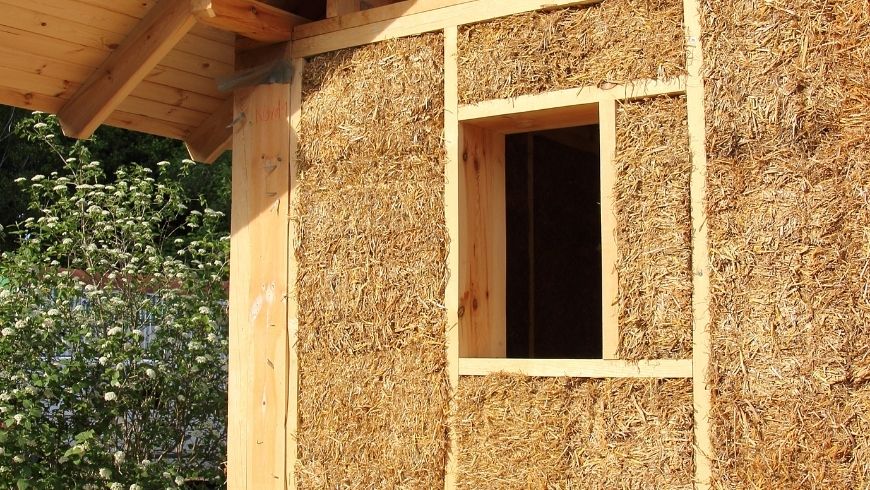Unveiling the Strength of Concrete: Is it Truly the Strongest Material?
2 min read
Concrete, a composite material composed of cement, aggregates, and water, has been widely used in construction for centuries. Renowned for its durability and versatility, concrete has become a cornerstone of modern infrastructure. However, is concrete truly the strongest material? In this blog post, we will delve into the various aspects of concrete's strength, exploring its composition, structural properties, and comparing it with other materials to determine its true strength.
- Understanding Concrete's Composition:
Concrete's strength lies in its composition. Cement, the binding agent, reacts with water to form a paste that binds the aggregates together. The aggregates, such as sand and gravel, provide bulk and stability to the concrete. Additionally, admixtures can be added to enhance specific properties, such as strength, workability, and durability. - Unraveling Concrete's Structural Properties:
Concrete's strength can be attributed to its exceptional structural properties. The interlocking nature of aggregates and the formation of calcium silicate hydrate (CSH) gel during the hydration process contribute to its strength. The CSH gel acts as a binder, providing cohesion and strength to the concrete matrix. - Comparing Concrete's Strength with Other Materials:
While concrete is undoubtedly a strong material, it is essential to compare its strength with other materials to gain a comprehensive understanding. Here, we explore some notable contenders: a. Steel: Steel is renowned for its high tensile strength, making it ideal for structural applications. However, concrete's compressive strength surpasses that of steel, making it a formidable material in compression-dominated structures. b. Carbon Fiber Reinforced Polymers (CFRP): CFRP composites possess exceptional strength-to-weight ratios and are commonly used in aerospace and automotive industries. Although CFRP exhibits higher tensile strength than concrete, it lacks the compressive strength necessary for many construction applications. c. Titanium: Titanium is renowned for its strength-to-weight ratio and corrosion resistance. However, its high cost and limited availability restrict its widespread use in construction, making concrete a more practical choice. - Advancements in Concrete Technology:
Concrete's strength continues to evolve with advancements in technology. Researchers are exploring innovative techniques such as self-healing concrete, fiber-reinforced concrete, and ultra-high-performance concrete (UHPC). These advancements aim to enhance concrete's strength, durability, and sustainability, ensuring its relevance in the future.
Conclusion:
Concrete, with its unique composition and exceptional structural properties, undoubtedly possesses remarkable strength. While other materials may excel in specific aspects, concrete's versatility, cost-effectiveness, and widespread availability make it the go-to material for a wide range of construction applications. As technology progresses, concrete's strength will continue to evolve, solidifying its position as one of the strongest materials in the construction industry.
